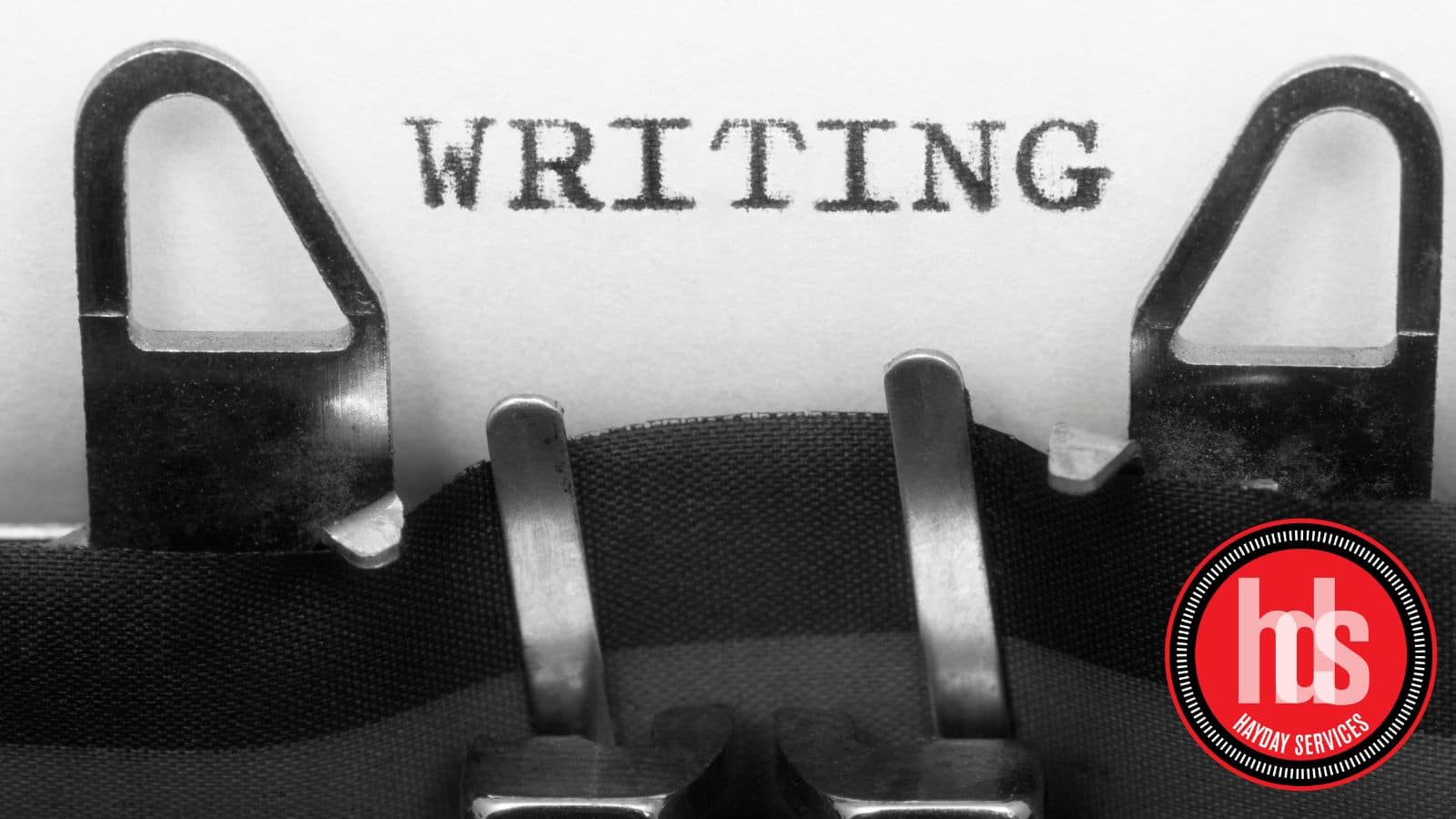Winning grants can be a game-changer for your organization. Whether you’re running a nonprofit, seeking federal funding for a local government agency, or launching a new program or service, a well-turned grant proposal can transform the community you serve.
What’s the secret sauce? Here are the three key elements every winning grant proposal needs to have:
- A Problem Statement That Packs a Punch
- A Solution That’s Both Smart and Doable
- A Plan to Show Your Impact
A Problem Statement That Packs a Punch
First, you need to nail down the problem you’re tackling. This isn’t just about stating the obvious; it’s about making the grant-givers sit up and take notice. Use the most current data you can access and dig into the community comparisons. For example, are reading scores in your school district worse than the state average? Or are there some vacant properties that could make excellent parks or community gardens? Consider positives and challenges, eye-opening stats, and real-life stories to show why your issue matters. Your goal? To make them think, “Wow, this is a big deal, and it aligns perfectly with what we care about.”
A Solution That’s Both Smart and Doable
Once you’ve got their attention with the problem, it’s time to wow them with your solution. Lay out your game plan in detail. Show them you’ve thought through the “how” and the “what if.” Your approach should be creative but not pie-in-the-sky. Prove that you’re not just dreaming big but can actually pull this off. Highlight your team’s expertise and any partnerships that support this critical work.
A Plan to Show Your Impact
Grant-makers want to see results. Spell out exactly what success looks like for your project and how you’ll measure it. Use concrete numbers and metrics wherever you can. Outline how you’ll track your progress and learn from it. Pro Tip: Make sure you and your team have considered how you’ll sustain the program once you’ve spent the grant dollars. Sound grant management starts during the grant writing process.
Focusing on these components and making sure you answer all the funders’ questions will boost your chances of getting that crucial funding. Many factors go into awarding grants that are outside of grant seekers’ control but crafting a clear, compelling proposal shouldn’t be one of them. A winning proposal isn’t just about identifying a problem—it’s about presenting a plan to tackle it, with clear, measurable results.
If you’re looking for hands-on, intensive training by grant writing experts, including coaching and one-on-one feedback, check out the Grants Lab. The waitlist is open now, and the next cohort will start after Labor Day.
Kimberly Hays de Muga, GPC, is an expert trainer and coach in nonprofit capacity building, grant writing, fundraising, and board development. She brings more than 25 years of fundraising experience that includes raising $100 million from individuals, foundations, corporations, and local, state, and federal funding for nonprofit agencies in the education, health, and human service sectors—from food banks to pediatric hospitals, to state-wide mental health coalitions.
Latest posts by Kimberly Hays de Muga
(see all)



